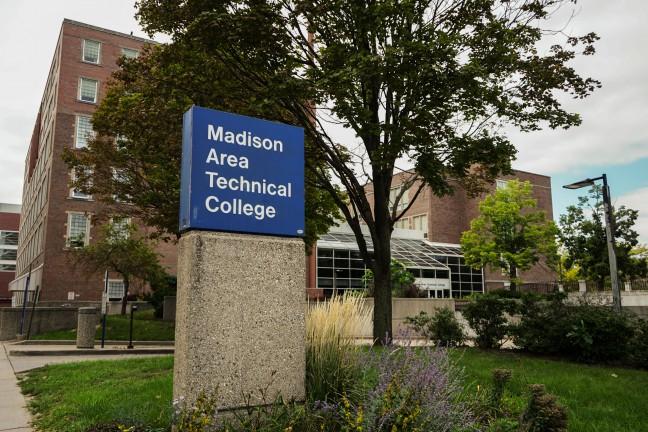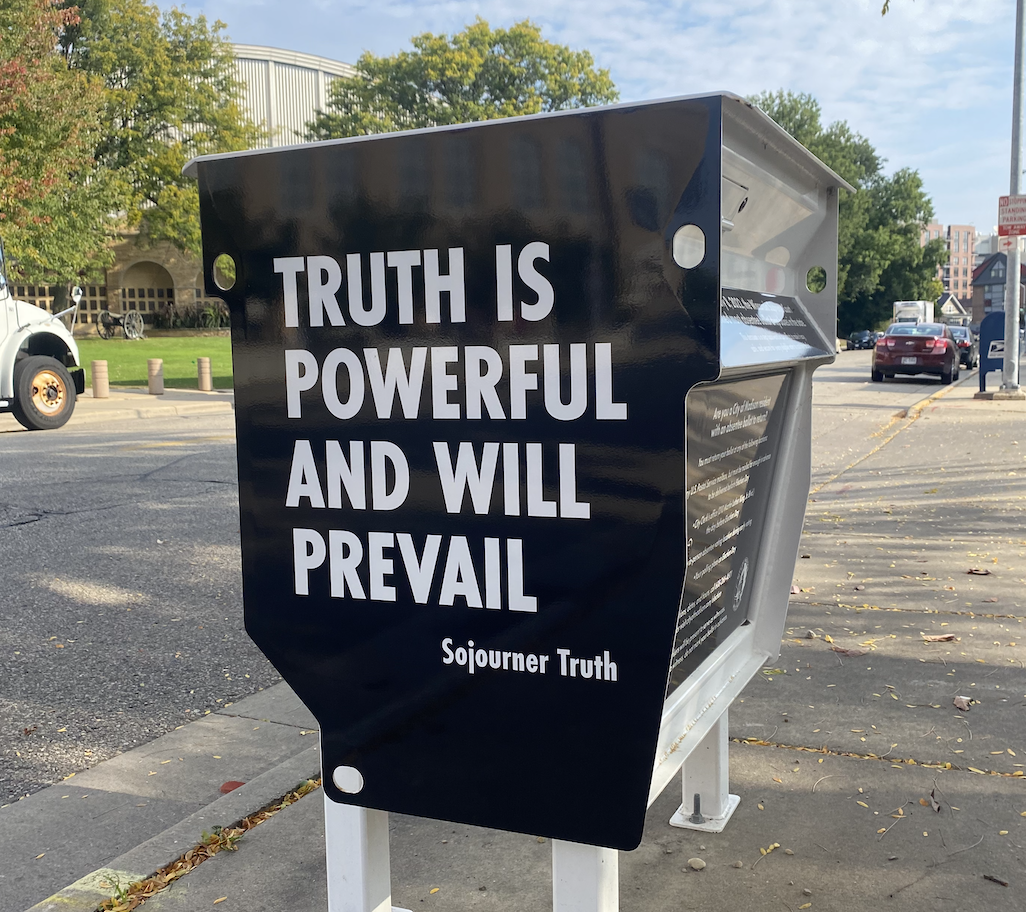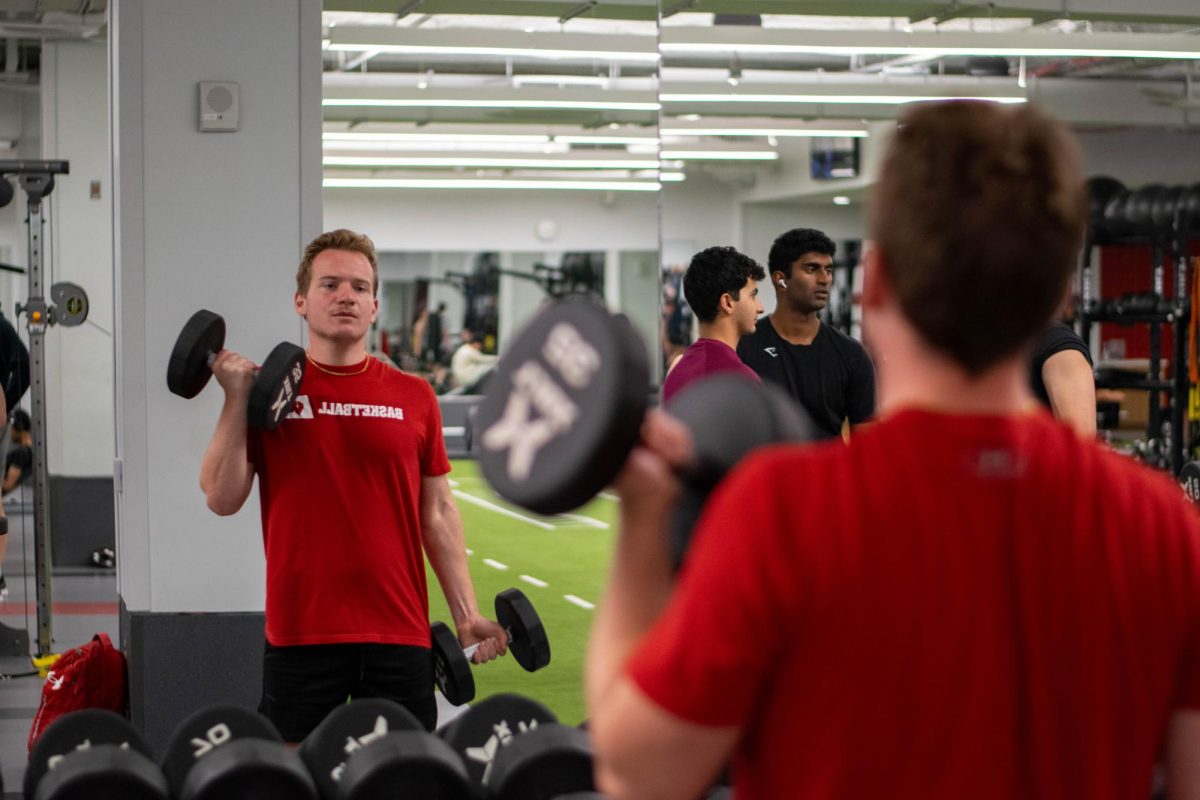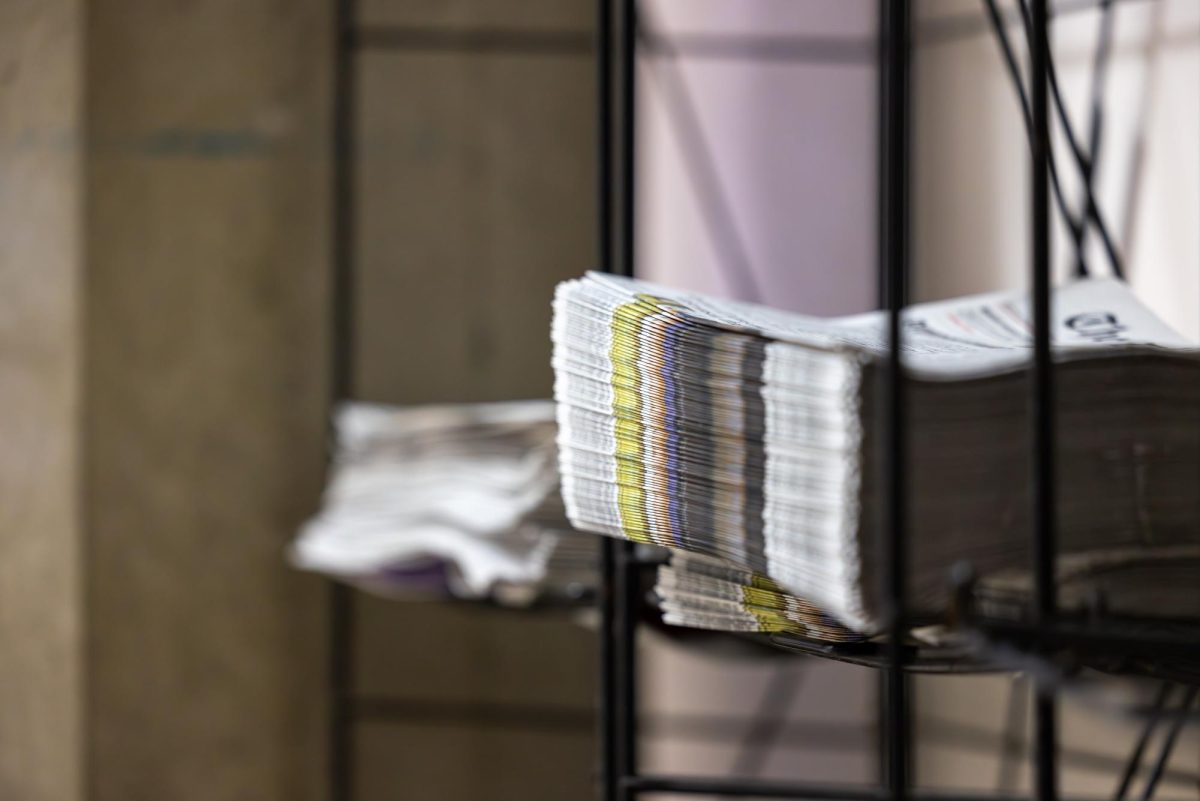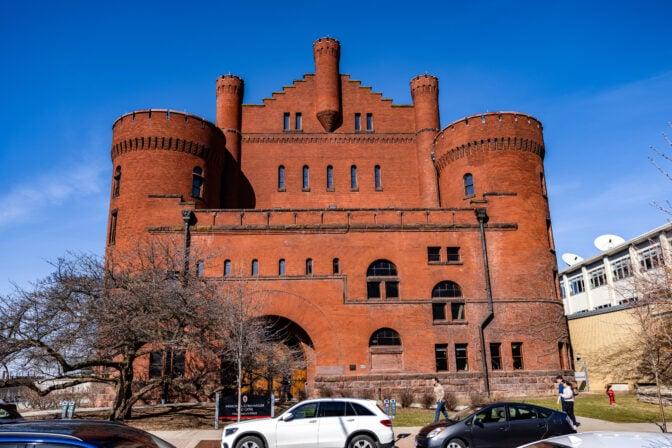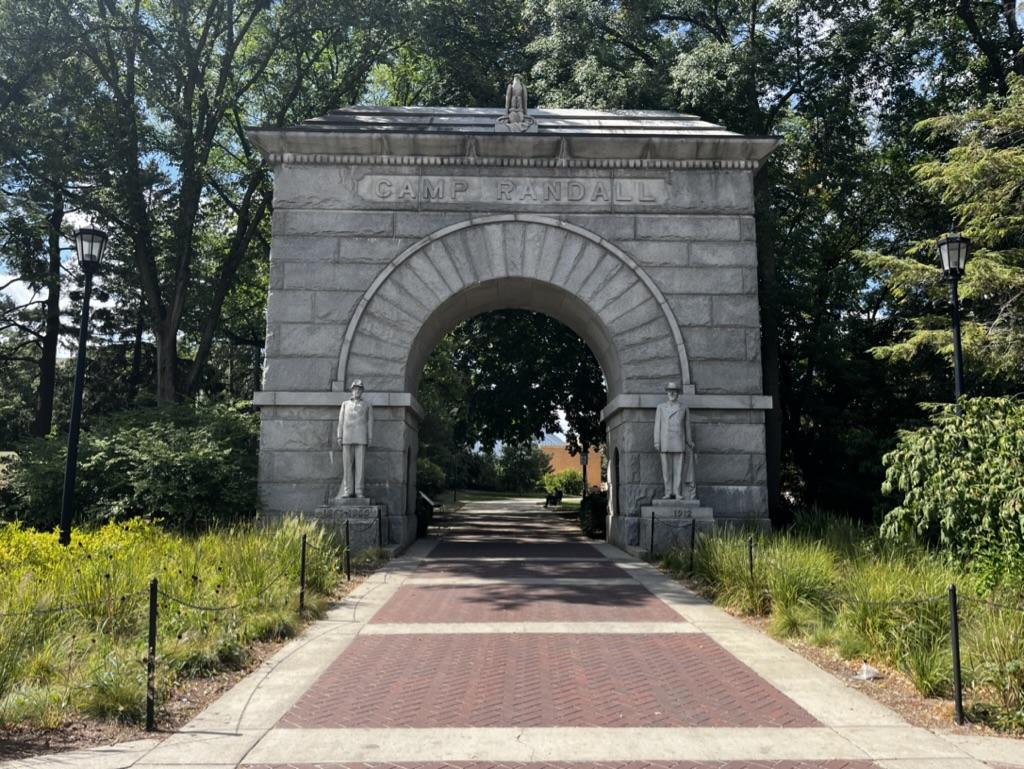Each week, The Badger Herald editorial board will sit down with an individual who impacts the lives of students. This week, the editorial board spoke with Ald. Tim Bruer, district 14, a longtime city council member from the south side and chair of the powerful Alcohol License Review Commission. Ald. Bruer is the leading proponent of the proposed State Street entertainment district, which, among other things, would ban drink specials. Here are excerpts from that discussion.
The Badger Herald: Why do you have such a large interest in downtown issues since your district is on the south side?
Ald. Tim Bruer: I think many of the issues in the central city concern public safety. When you have to concern yourself with walking at two o’clock in the morning down State Street and worrying about being mugged, raped or assaulted — that is an issue.
BH: You are most well known on campus because of your involvement with drinking issues. What exactly do you see as the primary problems when it comes to drinking?
TB: The problems associated with alcohol downtown are based on a number of things, but in large part, the worst piece of legislation since prohibition is the 21-year-old drinking age. While the law was well intended, what you are doing is taking people out of a reasonably safe environment that is supervised and placing them in 80-year-old houses and stuffing them with people and letting the parties begin. In campuses throughout the country, catastrophic incidents have happened at house parties, and you ask yourself why date rapes and alcohol-related violence and sexual assaults have skyrocketed like they have in Madison. The federal government is really holding the state hostage through the federal DOT funds, but if I was a student leader in my next life, one of the first things I would be doing is organizing the political clout of campuses throughout the state, and I would be voting for people who are supporting [a 19-year-old drinking age].
BH: So do you think bars are less dangerous than house parties?
TB: We have to watch closely homes having parties. It’s a big problem we have. If you drive people out of bars and into an 80-year-old building and an unsupervised environment where you have no control, then you run the risk of much higher incidences of problems. However, I don’t think the issue between bars and house parties is an either-or. I think the bigger issue is: How do you provide for a diverse, enjoyable, safe, healthy environment for the university community? That’s what I’m committed to. Now, obviously the UW is known for its good times and partying and all that stuff. I want to keep the character of the University of Wisconsin alive for all of the right reasons. But the reality is that alcohol is a serious, growing concern. The industry needs to step up to the plate and take some responsibility for the problems associated with overcapacity, over-serving. Some establishments make their bread and butter by going out and serving their two-dollar margarita pitcher. Those days are coming to a screeching halt ? not because people want to be prohibitionist and limit students’ good times, but because we can clearly track where problems are coming from the industry.
BH: Do you think that without drink specials, people who still want to drink will simply drink more in unsupervised, unregulated house parties as opposed to supervised, regulated bars?
TB: You cannot look at the concept of banning drink specials in isolation. You have to look at it as part of an overall packaged approach. You need to also provide for greater opportunities for a good time.
BH: When you talk about bringing people in with entertainment options, do you think most of these alternatives should be in a no-alcohol environment, or should alcohol be served?
TB: I don’t have a preference. I think it has to be a combination.
BH: Do you think it’s financially viable to have a non-alcoholic event? It seems that drinking is such an institution that if you have a choice between drinking in a bar or paying a cover charge for a non-alcoholic event, the history in Madison seems to suggest that the no-alcohol event is not viable.
TB: If you are underage and you have difficulties getting into the establishment, and your principal priority is to party rather than get intoxicated, if you have a viable entertainment venue that has a reason to go there, you will be successful. Those who want to drink, of course, will go where the alcohol is. I think you have greater challenges in alcohol-free environments, but if you are 21, your options are limited anyway. Therein lies the problem.
BH: Do you think the problem is that students don’t have options other than drinking, or that students like to drink?
TB: I think it’s both.
BH: What do you think about wristbands at entertainment venues, so that those over 21 can have a drink while underagers can still enjoy the music?
TB: In theory, it’s an entertaining idea, but in practice, the reality is, it doesn’t work as a norm.
BH: What would you define as success when it comes to drinking?
TB: When you start seeing the number of serious calls about problems associated with alcohol– sexual assault, domestic violence — to decrease, those are benchmarks. When the student community has access to a greater number of events that feature entertainment instead of alcohol consumption, that’s an indicator. When you are able to sit down and read the newspaper and the number of serious alcohol calls have more precedence [than a ban on drink specials], that data shows the problem. For those that want to promote a great time and assault the ALRC, I’d like to know what they say to the victims that experience the downside of folks who have been under the influence of alcohol. I don’t think we will ever resolve the problems of binge-drinking and alcohol, but we can have an impact on it.


